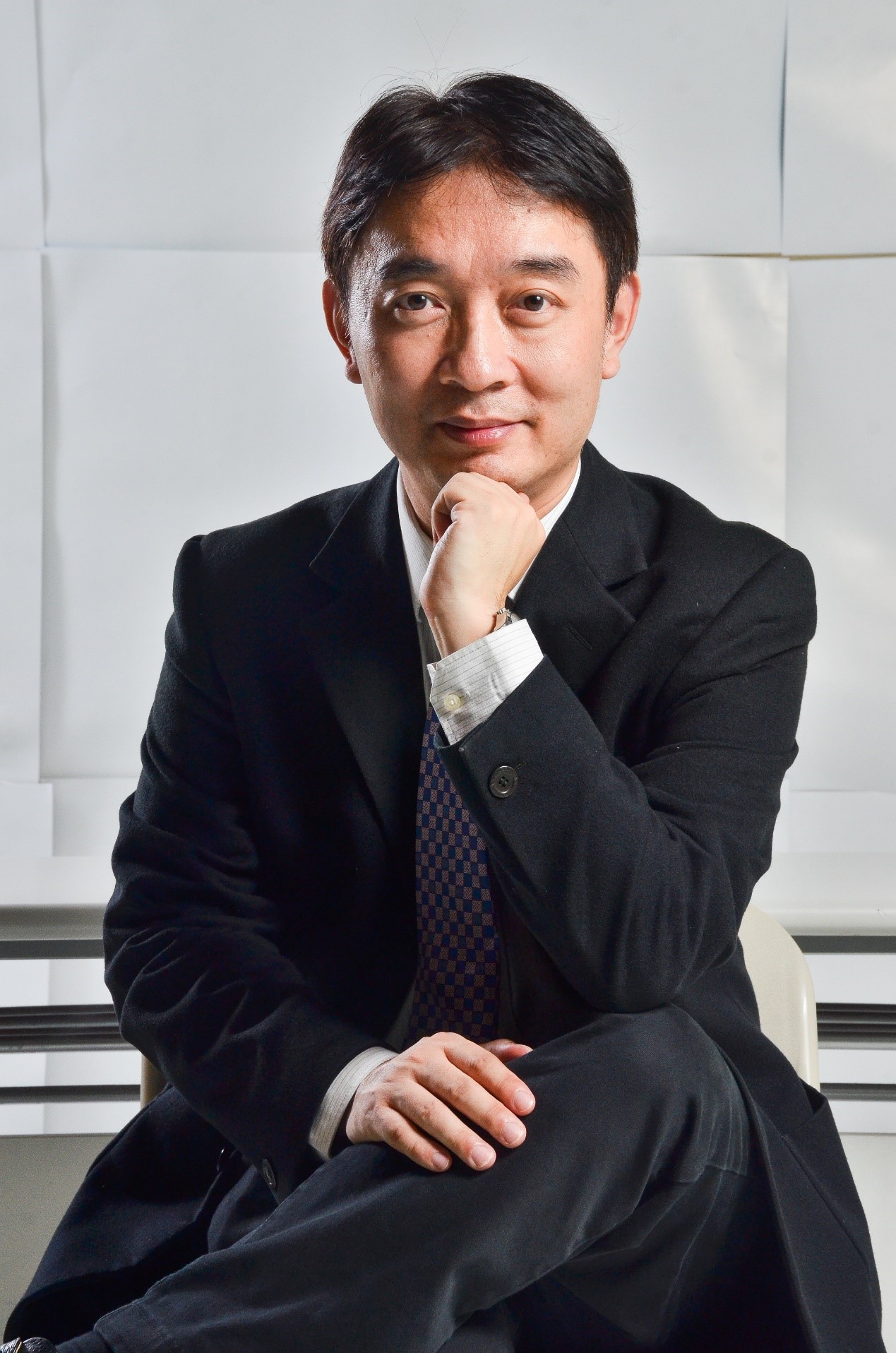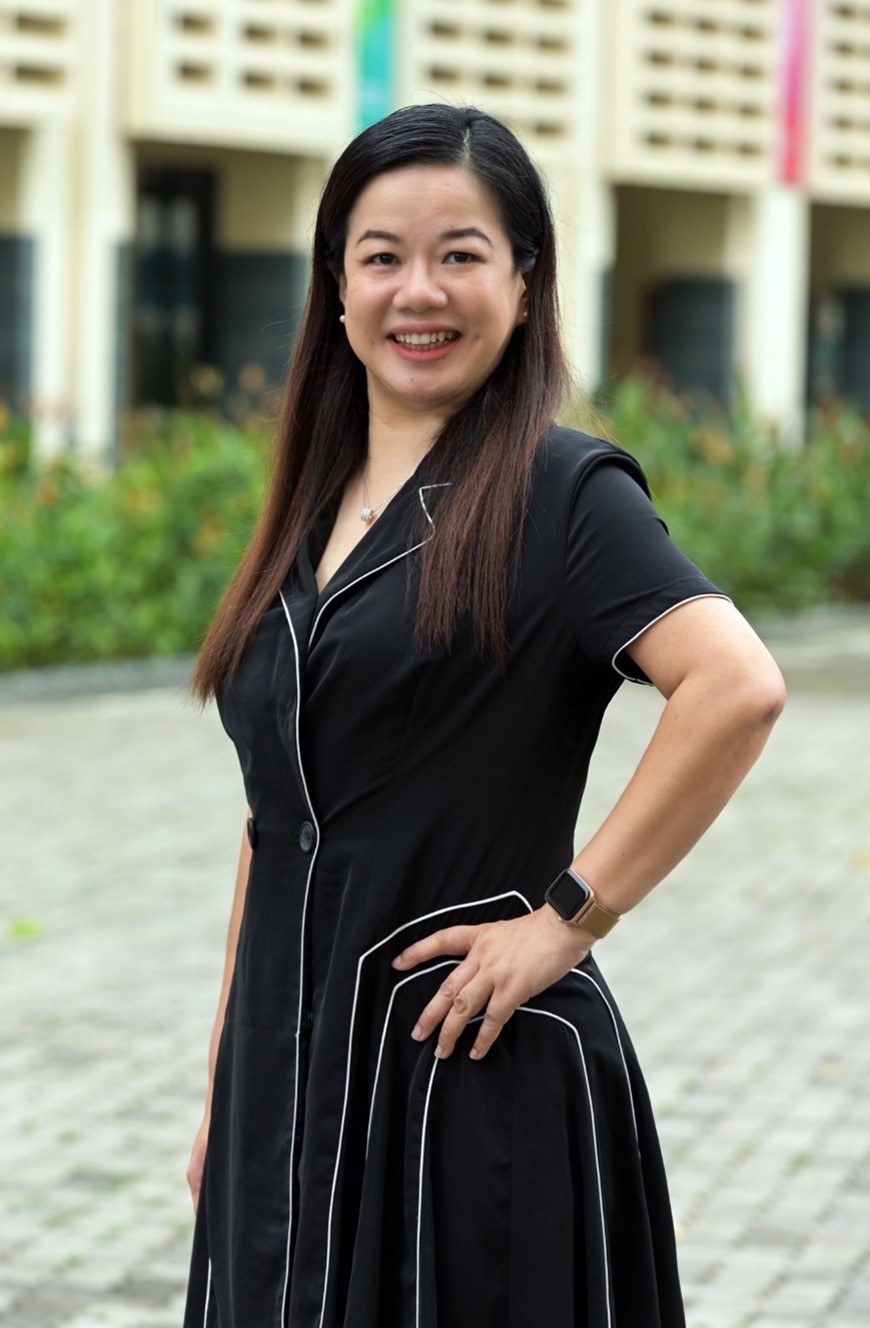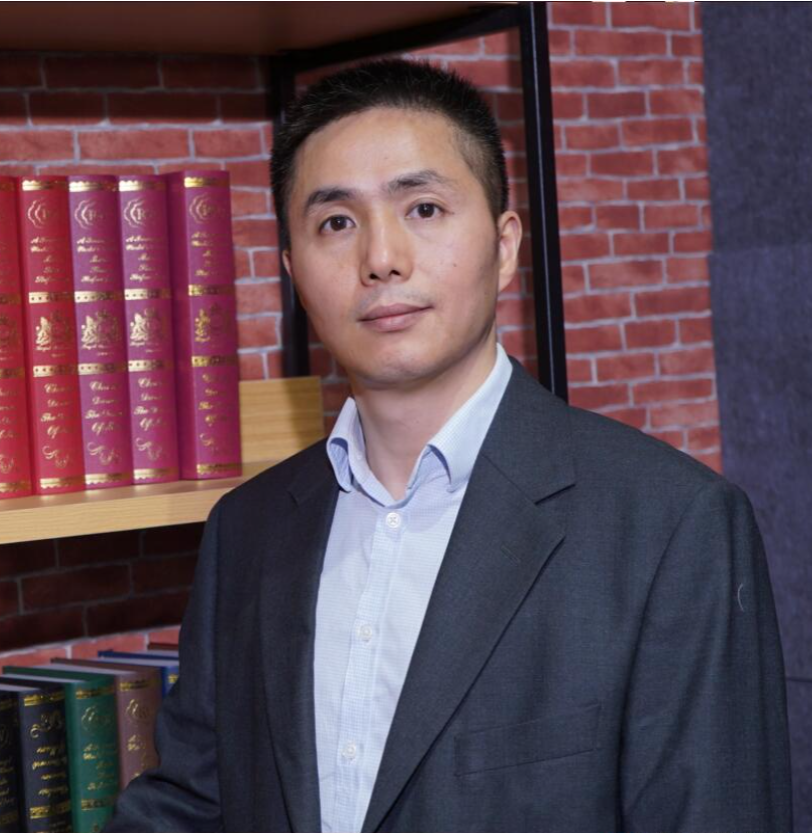
Speech Title:Research topics and designs of artificial intelligence in education
Speaker: Prof. Gwo-Jen Hwang Chair Professor and Vice President of National Taichung University of Education.
Speech Abstract:
The rapid development of artificial intelligence (AI) in recent years has attracted widespread attention; issues related to the application of AI in education have been hotly debated by scholars. However, how to apply AI in educational settings and analyze the advantages it brings is still a challenging issue. Scholars with technical backgrounds may encounter difficulties in experimental design and data analysis; on the other hand, scholars with educational backgrounds may feel the technical challenges.
This talk will focus on the application of artificial intelligence and data analytics in education, as well as research issues and development directions. Prof. Hwang will illustrate how academics from different backgrounds can enter the research on the application of artificial intelligence in education through practical examples of using AI in educational settings. In addition to illustrating the benefits of AI and data analytics for learners, teachers, and educational decision makers, Prof. Hwang will also provide specific explanations of possible research designs and evaluation methods. This presentation will be of great value to researchers who are interested in conducting AI in education studies.
Speaker Bio:
Prof. Gwo-Jen Hwang is a Chair Professor and Vice President of Taichung National University of Education. Professor Hwang's academic specialties include action and ubiquitous learning, game-based learning, flipped learning, and artificial intelligence applications in education. He has led more than 150 projects and received numerous research awards, including the "Annual Most Outstanding Researcher Award " from the Ministry of Science and Technology (MOST) in 2007, 2010, and 2013, the " Outstanding ICT Elite Award" in 2015, and the "Ministry of Education's Excellent Teacher Award" in 2019. In 2022, he was honored as a Distinguished Guest Researcher by the National Science and Technology Council, Taiwan.
Prof. Hwang has published more than 800 papers, including more than 400 in SSCI journals. He has served as a reviewer/editor/guest editor/editor-in-chief for more than 50 SSCI/SCI academic journals. He currently serves as a reviewer/editor/guest editor/editor-in-chief of Computers & Education: Artificial Intelligence (Scopus, Q1; EI), International Journal of Mobile Learning and Organisation (Scopus, Q1; ESCI), and Journal of Computers in Education (ESCI). International Journal of Mobile Learning and Organisation (Scopus, Q1; ESCI) and Journal of Computers in Education (ESCI, Scopus Q1); and also serves as Associate Editor of IEEE Transactions on Education (SCI).

Speech Title:
Multi-Modal Learning Analytics for Collaborative Learning Design: Promise and Challenges
Speaker: Chen Wenli Nanyang Technological University
Speech Abstract:
The Multi-Modal Learning Analytics (MMLA) aims comprehensively understand and optimise learning and the environments in which learning by measuring, collecting, analysing and reporting of various modalities of data about learners and their contexts. Drawing on the learning sciences and cognitive neuroscience theories and methods, Dr Chen Wenli’s research team has conducted studies that involve collecting and analysing diverse modalities of data in collaborative learning contexts with the aim to understand and optimize the collaborative learning design. The multi-modal data include cognitive (brain activity captured by fNIRS), visual attention (eye movement tracked by eye tracker), and behavioural (verbal, textual, gesture etc) data when learners are engaged in various collaborative learning activities (e.g., with or without individual preparation, with or without group awareness). Both inter-brain synchrony and joint attention between collaborators are examined to inform the level of synergy among the learners in collaborative learning. By analysing multi-modal data in temporal manner, they can provide insights in both collaborative learning outcome and process. This fine-grained analysis offers valuable information on the collaborative learning trajectory of different groups participating in various collaborative learning design. The MMLA and temporal analysis approaches provide promising results in advancing our understanding and support of computer-supported collaborative learning design. In addition, the methodological, practical; and ethical challenges associated with MMLA are discussed.
Speaker Bio:
Dr Chen Wenli is an Associate Professor and Head of the Learning Sciences and Assessment Academic Group at the National Institute of Education, Nanyang Technological University (NTU) Singapore. She is a specialized in Computer-Supported Collaborative Learning (CSCL) and learning analytics. Dr Chen's school-based research projects address the challenges of transforming and enhancing teaching and learning and applying her research outcomes to impact school practices. Dr Chen has been invited to deliver keynote speeches at numerous international conferences and has received several Best Paper Awards. She was honoured with the “Distinguished Researcher Award” by the Asia-Pacific Society for Computers in Education and the "Nanyang Education Award" from NTU.
Currently, Dr Chen serves as the Editor-in-Chief for the Journal of Computers in Education, and Learning: Research and Practice, and as the Associate Editor for Instructional Science, Asia Pacific Journal of Education, and Research and Practice in Technology Enhanced Learning. Additionally, she is an editorial board member for the International Journal of Computer-Supported Collaborative Learning.
Dr Chen is currently the executive committee member for the Asia Pacific Society of Computers in Education and the Global Chinese Society of Computers in Education. She was the co-chair of the CSCL community committee of the International Society of the Learning Sciences (ISLS) (2016-2021). She was the Program Committee Chair or Co-chair for the International Conference of CSCL in 2022, International Conference on Computers in Education 2017, Global Chinese Conference on Computers in Education 2014, and the Organizing Committee Chair for International Conference of the Learning Sciences 2016, and International Conference on Computers in Education 2012.

Speech Title:
The role of emerging technologies in 21st century education: Supporting multidisciplinary inquiry communities
Speaker: Jim Slotta, University of Toronto, Professor, Ontario Institute for Studies in Education, Department of Curriculum, Teaching and Learning
Speech Abstract:
This talk will explore recent trends in technology, media, and information, including a discussion of advances in artificial intelligence, physical computing, and classroom portal technologies. I will discuss the importance of fostering 21st-century competencies, and the need for education to prepare students as citizens, critical thinkers, problem, solver, and communicators. I will present recent advances in my own research of the Critical Action Learning Exchange (CALE), including a review of recent collaborations with teachers in South China. I will also discuss the importance of developing inquiry-oriented learning environments, including an important role for the physical and social classroom environments. I will argue that 21st century technologies are best suited for new forms of 21st century learning, and that we have new opportunities to care for all students, as they form identities as learners and future citizens.
Speaker Bio:
Jim Slotta is Professor and President's Chair in Knowledge Technologies and Education at the Ontario Institute for Studies in Education, University of Toronto. Since 2005, Dr. Slotta has led a team of students, designers and developers to investigate new models of collaborative and collective inquiry. These studies have advanced a pedagogical model known as Knowledge Community and Inquiry (KCI), in which students and teachers collaborate as a learning community to engage in STEM inquiry projects. Slotta currently directs the ENCORE lab (http://encorelab.org) in which KCI curriculum and technology environments are developed and researched. From 2006 - 2011, Slotta served as Canada Research Chair in Education and Technology, serving as PI or co-I on more than 30 funded projects and supervising 20 doctoral and post-doctoral researchers. In 2019, Slotta launched the Critical Action Learning Exchange (CALE), where teachers develop, exchange and discuss competency-centered curriculum that empowers students as learners, providing meaning and purpose to their schooling experience and scaffolding their formation of learner and career identity.

Speech Title:Application of Educational Big Data and Educational Reform
Speaker: Luo Shengquan, Professor, PhD Advisor, Dean of the College of Teacher Education at Southwest University.
Speech Abstract:
With the continuous development of technology, the field of education is gradually integrating big data technology. The application of big data in teaching plays a crucial role in educational reform. Professor Luo Shengquan will explore the application of big data in the education sector and explain its positive impact on teaching transformation.
Speaker Bio:
Luo Shengquan, Professor, PhD Advisor, Dean of the College of Teacher Education at Southwest University. He is a recipient of national-level talent titles, Deputy Secretary-General of the National Curriculum Academic Committee, Executive Director of the China Education Association's Comprehensive Practice Section for Primary and Secondary Schools, and a member of the Ministry of Education's Basic Education Teaching Guidance Committee's Comprehensive Practice Activities Guidance Subcommittee. Luo is also the Chairman of the Chongqing Education Society's Smart Teaching Professional Committee and Editor-in-Chief of the international journal "Future in Educational Research." He was shortlisted as one of the nation's "Most Influential Young Scholars." Additionally, he holds the title of "Bayu Scholar" Distinguished Professor in Chongqing, is a leading talent in philosophy and social sciences in Chongqing, an academic and technical leader in Chongqing, and leads the Chongqing Young Experts Studio. Luo has been a visiting scholar at Michigan State University in the United States and University College London in the United Kingdom. His main research areas include educational theory, teacher education, and curriculum and instruction theory. He has published over 200 academic papers in journals such as "Guangming Daily" and "Educational Research," with 9 articles in "Educational Research" and 4 long articles reprinted in "Xinhua Digest.

